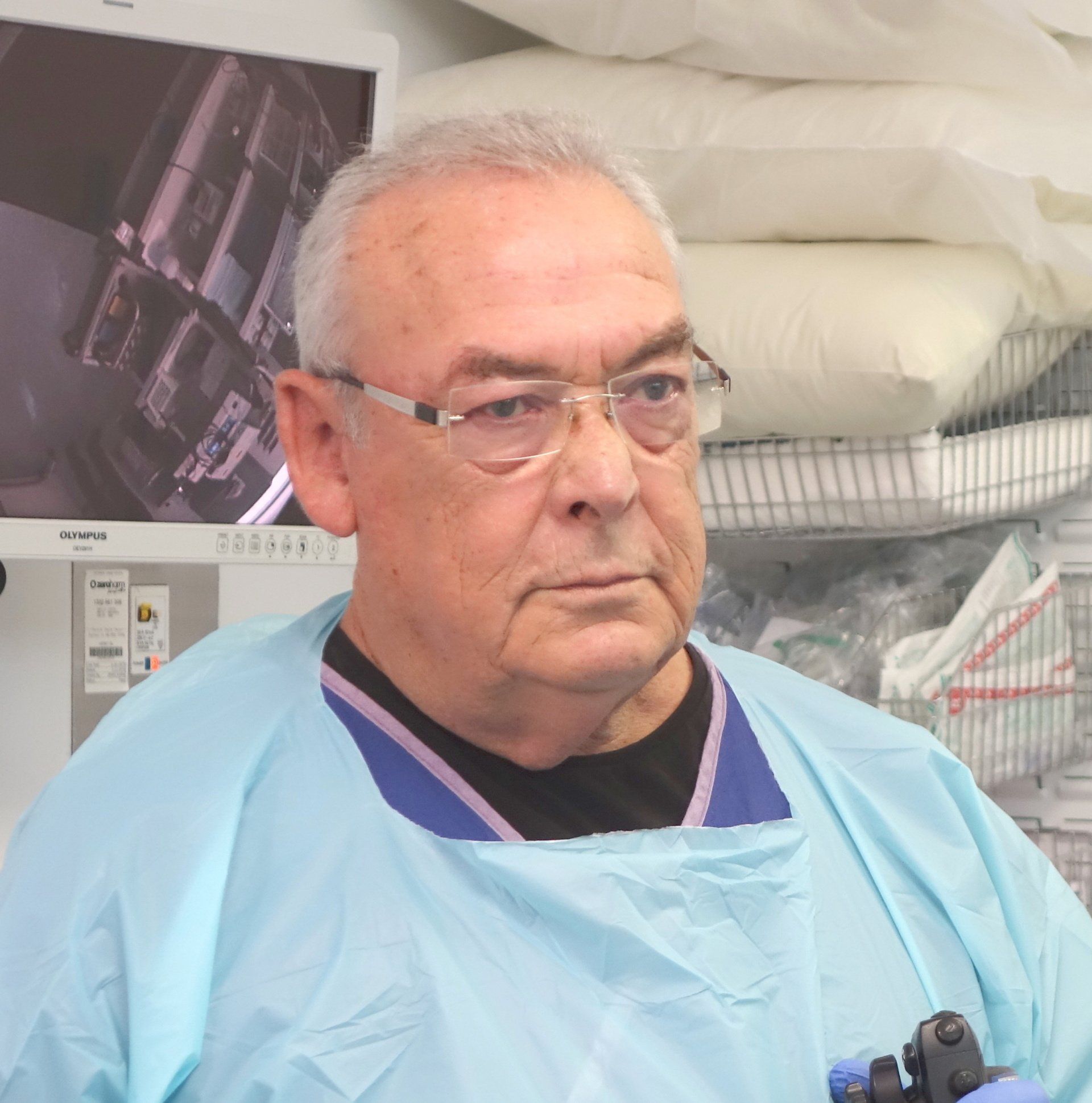Bowel Cancer Screening
Despite the persistent incidence of Bowel Cancer in the community, there has been a fall in the overall mortality rate due in part to screening and early intervention and also improved treatments.
Bowel Cancer Screening tests are recommended every 24 months for every Australian over 50.
National Bowel Cancer Testing
Men between the ages of 50 and 75 need to be screened for colon cancer. The National Bowel Cancer Screening Program invites Australians aged over 50 to screen for bowel cancer using a free, simple test at home. This aims to reduce deaths from bowel cancer through early detection of the disease.
A Bowel Cancer Screening involves the chemical testing of a small sample of stool you collect yourself. The test can detect small amounts of blood in the stool and this is called Faecal Occult Blood testing (FOB).
Studies have shown that populations that are screened with a FOB have a lower risk of dying from bowel cancer. Screening programs using FOB are being developed in Australia.
What is Bowel Cancer Screening?
Colonoscopy
may also be used as a form of screening and polyp removal.
The aim of colonoscopy is to examine your intestine for polyps. Polyps are benign growths occurring on the inner lining of the bowel wall and because they can potentially grow in size and turn into bowel cancer they are removed during the procedure.
Additional studies may be scheduled by your doctor if you have a history of ulcerative colitis or any family history of colon cancer.
Why have a Bowel Cancer Screening Test?
Untreated, colon polyp can become cancer.
Those at high risk of colorectal cancer should have a regular screening colonoscopy at least every 3-5 years, with the removal of polyps when they are still small.
Screening Tests for Bowel Cancer?
If your doctor suspects you may have bowel cancer, internal examinations of the back passage and special tests will be organised.
Immediate examinations can include:
- A digital examination
- An endoscopic examination using either
- a rigid sigmoidoscopy (up to 20 cms),
- flexible sigmoidoscopy (up to 60 cms)
- colonoscopy (all of the large bowel)
- A biopsy sample of tissue for pathology testing
- A CT colonography or X-Ray that outlines the colon
- A CT scan of the abdomen
- An (internal) endorectal ultrasound examination
- An MRI scan of the pelvis and rectum
- Occasionally a PET CT is also required to rule out distant spread (metastases).
After the results of these tests are available, an EEC Surgeon would discuss a plan of management.
It is best at this stage to be accompanied by a friend or relative to help you in understanding the explanation and treatment plan.
Dr Donald Walker
Write your caption hereMore
Dr Johan Van Den Bogaerde
Write your caption hereMore
Trusted for more than 25 Years
PANCREAS & BILIARY
Digestion Problems - Dyspepsia









